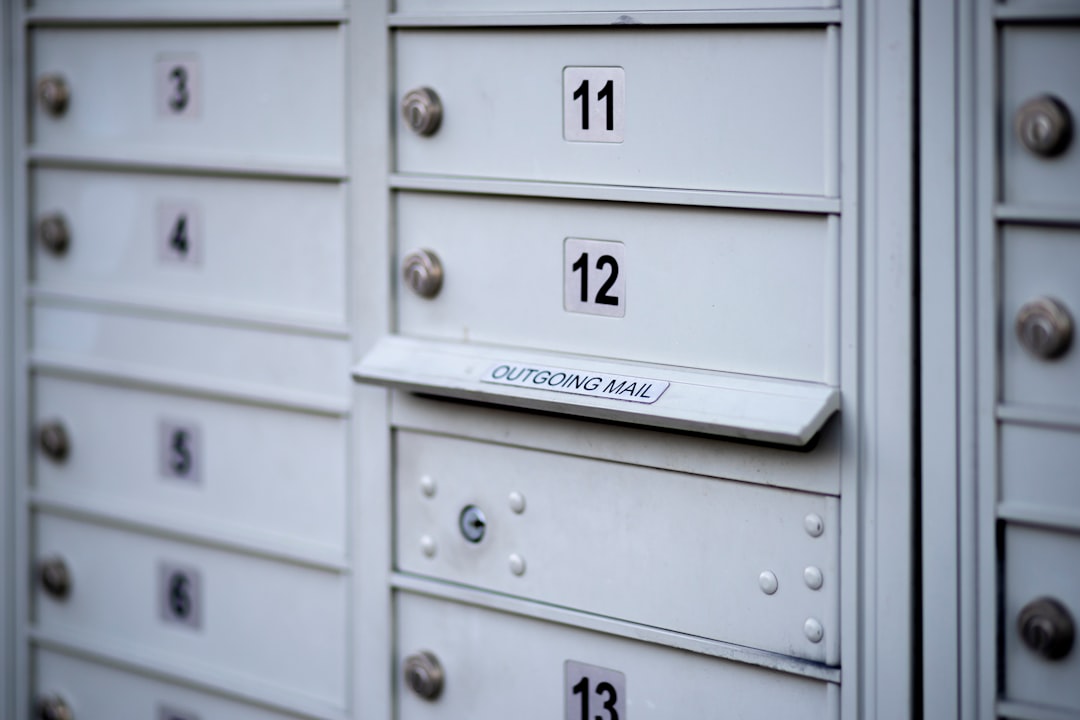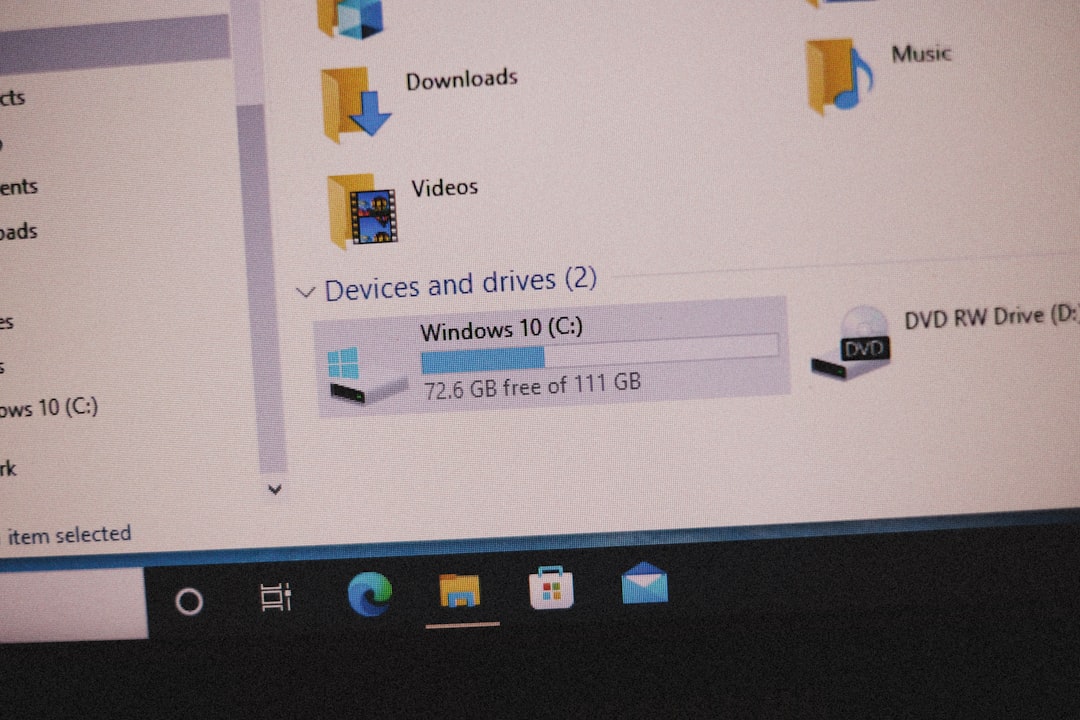For organizations using Google Workspace, data governance and security are core concerns—especially when it comes to understanding how digital activities are stored and monitored. One area that often sparks curiosity is the data surrounding Google Drive activities, particularly what is logged and whether these audit logs can be deleted outright. This is especially critical for companies in regulated industries where data retention and audit histories come under scrutiny. In this article, we explore whether Google Workspace Drive log events can be permanently deleted, what these logs consist of, and what retention policies apply.
What Are Google Workspace Drive Log Events?
Google Workspace maintains detailed audit logs for multiple services, including Drive. These logs contain event-based information about a user’s interaction with Google Drive, such as:
- File views and downloads
- Sharing permissions changes
- File creation and deletion
- Access by external or unauthorized users
- OAuth access events from third-party applications
These log entries are an essential tool for IT administrators and compliance officers to monitor and track the flow of information across a company’s cloud infrastructure.

Where Are These Logs Stored?
Drive log events are stored within the Google Workspace Admin Console under the Audit or Reports section. These interfaces give administrators the ability to search, filter, and export logs for further examination. Additionally, logs can be exported to a third-party platform via Google Workspace APIs such as the Reports API or stored in Google Cloud via BigQuery for extended analytics and archival purposes.
Can Drive Log Events Be Edited or Deleted?
This is the crux of the issue for privacy and IT compliance officers. According to Google’s documentation and secure design principles:
- Drive log events cannot be edited.
- Drive log events cannot be selectively deleted by administrators or users.
This means that once a Drive activity is logged, it becomes a permanent part of the system’s audit trail—at least for its retention period. Data integrity is core to Google’s approach to security and auditability, so the removal or tampering of logs is not allowed, even by super administrators.
Default Retention Period for Drive Audit Logs
By default, Google retains Google Drive log events for a set period depending on the Google Workspace edition in use:
- Business and Enterprise editions: 6 months for Drive audit logs
- Google Workspace for Education: 6 months
- Log data routed to BigQuery: Can be retained indefinitely, depending on table expiration and storage settings
Administrators can configure exportation to BigQuery or third-party SIEM (Security Information and Event Management) tools in order to retain logs longer than the native UI storage allows, but the built-in storage cannot be extended or reduced.
Why Doesn’t Google Allow Deletion of Drive Log Events?
The decision not to allow deletion or editing of log data hinges on several key factors:
- Security: Logs help detect intrusions and unauthorized access.
- Compliance: Many organizations fall under laws (like GDPR, HIPAA, or SOX) that require detailed audit logs.
- Accountability: Non-deletable logs provide traceability for actions within the system.
Allowing administrators or users to delete these logs could pose a significant risk to the security and integrity of enterprise data. For industries such as finance, healthcare, or legal, having immutable logs is often a regulatory requirement.
Workarounds and Limitations
Despite the fact that you cannot delete or edit Drive logs, there are a few related practices you might encounter:
- Data region settings: You can control where data (including logs) is stored geographically but not the retention.
- Custom logging via APIs: Companies can set up their own logging for certain actions using Google Workspace APIs, which can then be stored or deleted per business requirements. However, this is independent of native Google audit logs.
Some administrators may try to remove a user account thinking that associated logs will also be deleted. It’s important to understand that while some user data may eventually be purged, audit logs survive user deletions and remain traceable to their source.

Best Practices for Managing Drive Log Events
Though deletion isn’t an option, managing and utilizing Drive log data effectively can benefit compliance and internal oversight objectives. Here are some best practices:
- Export logs regularly: Use the Reports API to export detailed logs to local systems or SIEM platforms.
- Leverage BigQuery: Google Cloud offers seamless integration with Workspace; logs stored here can have customizable retention periods.
- Create alerts: Setup alerts in the Admin Console for anomalous activities such as bulk deletions or sharing with external users.
- Review logs periodically: Proactively monitor for suspicious activity instead of relying solely on reports post-incident.
Implications for Data Privacy
With regulations like GDPR and CCPA in place, many organizations look for mechanisms to ensure user data can be deleted upon request. It’s crucial to differentiate between user data and audit logs. While a user can ask for their identifiable data to be erased, audit logs may still be retained for legitimate business or compliance purposes. In many jurisdictions, maintaining these logs is allowable—and sometimes required—even after user data is deleted, as long as it’s strictly for security and compliance purposes.
FAQs
- Q: Can Google Super Admins delete Drive log events?
- No. Not even Super Admins have permission to delete audit logs in Google Workspace.
- Q: Will deleting a user also delete their Drive log activities?
- No. Drive log events are retained and associated with the deleted user’s historical record.
- Q: Is there a way to shorten the retention of Drive logs?
- No. Google does not allow reductions in default retention settings. However, you can export and manage logs outside Google Workspace.
- Q: Can I delete logs stored in BigQuery?
- Yes. Once logs are exported to BigQuery or an external system, retention and deletion policies fall under your control.
- Q: Are Drive logs accessible via the Google Workspace API?
- Yes. Specifically, through the Reports API and Admin SDK, which allow log access and exportation.
- Q: Do audit logs violate data privacy laws if not deletable?
- No. As long as logs are used for security and compliance purposes, retaining them does not conflict with major privacy regulations.
In summary, while Google Workspace offers robust tools for tracking Drive activity logs, it takes a firm stance against allowing deletions or edits of these logs within the system. For organizations prioritizing security and compliance, this design supports a transparent and trustable data environment—though it does place a burden on administrators to understand and manage data retention policies proactively.



